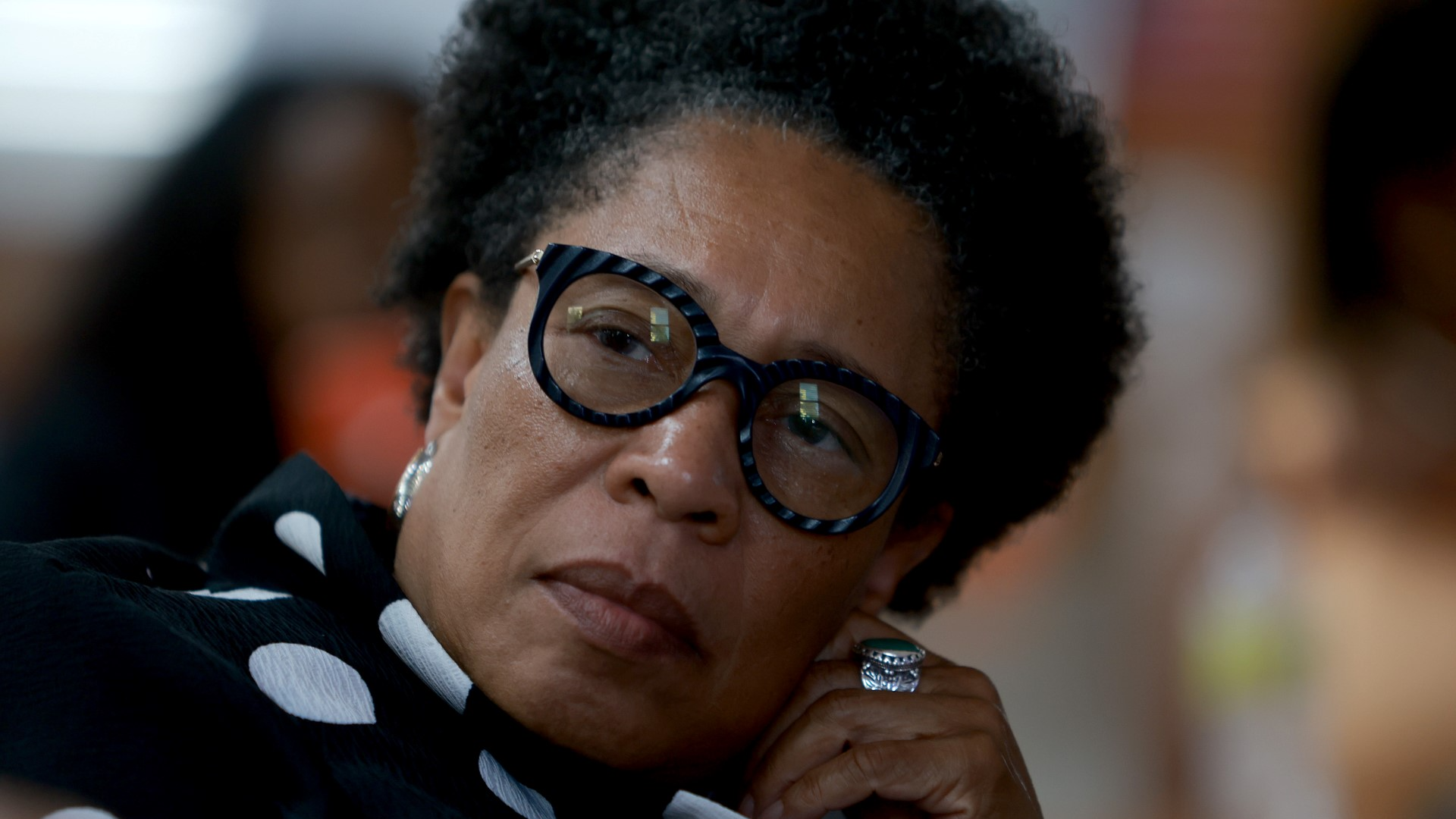As congressional Republicans have proposed capping non-defense discretionary spending at 2022 levels for the next fiscal year, congressional Democrats are sounding the alarm that doing so will leave millions of low-income and working-class Americans unable to access food and housing assistance and result in safety gaps for an already beleaguered transportation industry, according to an analysis by congressional Democrats.
Monday, Rep. Rosa DeLauro (D-CT), Ranking Member of the House Appropriations Committee released the information she received from Biden administration department heads in response to letters that she sent to each cabinet secretary in January to find out the impact the GOP’s proposed cuts would have on their respective agencies and their ability to deliver services.
In a statement, DeLauro called the cuts “unrealistic, unsustainable, and unconscionable.” According to DeLauro’s office, setting a spending cap at 2022 levels would result effectively in spending cuts of at least 22 percent for essential government-funded programs because Republicans seem to have agreed in principle not to cap or reduce spending on defense, Social Security, and Medicare.
According to U.S. Department of Agriculture (USDA) Secretary Thomas Vilsack, Republicans’ spending plan would cut $1.4 billion in food assistance for a projected 6.5 million women and their children who rely on the Special Supplemental Nutrition Program for Women, Infants, and Children (WIC) every month.
In his response to DeLauro, Vilsack said that his department estimated the impact of two possible scenarios – spending capped at 2022 levels and the other assumes a 22 percent funding reduction, the latter of which would result in cuts of about $6.15 billion for USDA.
“A decrease of that magnitude would threaten the safety and well-being of tens of millions of Americans, raise the risk of homelessness for tens of thousands of Americans, and lead to thousands of farm families not having access to the credit and help they need to continue to farm,” wrote Vilsack.
The same scenarios applied to the Dept. of Housing and Urban Development (HUD) would lead to mass evictions for approximately 87,000-286,000 families and eliminate housing vouchers for 350,000-650,000 families, according to HUD Secretary Marcia Fudge.
“[T]he proposed funding cuts would have a catastrophic impact on the ability of HUD to provide quality, affordable homes for all and to develop equitable, inclusive communities,” Fudge said in her response to DeLauro.
According to Dept. of Transportation Secretary Pete Buttigieg’s response, cuts in discretionary spending would “cause substantial damage” to his agency’s operational and safety programs and furloughs of air traffic controllers and safety inspectors.
“Under this scenario, safety would be undermined for years to come – curtailing vehicle, rail, pipeline and aviation safety inspections, limiting our research programs across these programs, and significantly compromising our transportation operations,” wrote Buttigieg.
On the same day DeLauro released the responses from government agencies, the White House called a plan released by the House Freedom Caucus last week calling for the same 2022 spending cap a “five-alarm fire for families” and said it endangers public safety.
Pres. Joe Biden released his own budget framework last week, which includes provisions to reinstate the expanded child tax credit, reduce prescription drug costs, and increase investments in mitigating climate change, among other priorities.
House Republicans as a whole have yet to release their proposed budget for fiscal year 2024.
Back in January when House Republicans’ plan of a proposed spending cap became public knowledge, Michele Kilpatrick, Center for Popular Democracy Action (CPDA) Co-Director of Advocacy and Mobilization, told TYT that setting a spending cap equivalent to last year would result in already marginalized communities being put at an even greater disadvantage.
“[T]he impact of this is likely to be, basically, a huge kick in the shins to an economy that's already teetering,” said Kilpatrick, “And the people who are always, you know, the most impacted by any kind of economic downturn and uncertainty are people who are on the margins.”
Rev. William Barber, head of the Poor People’s Campaign, said that given the GOP’s track record of denying millions of people a living wage, this move by the right makes perfect sense. He said that House Republicans are doing what they were elected to do and “it’s dangerous.”
“[It's the same group that has blocked fixing the Voting Rights Act, the same group that, every one of them when they got sworn into the House they got free health care paid for by us. Every one of them have blocked universal health care, “ Barber told TYT. “So if you know that, then it makes a sinister kind of logical sense that they would now try to cap the federal budget to 2022 levels.”
Earlier this year, as TYT reported, some congressional Democrats suggested that they might look for allies among swing district Republicans whose constituents rely on social service programs and are largely in favor of things like expanding the child tax credit and universal healthcare.
“[A] lot of the Republicans in deep red districts, you know, their constituents are among the people who are the most vulnerable but the sort of rhetoric of the party has undermined any efforts to improve their situation,” said Kilpatrick, “So it shouldn't just be those purple district Republicans, but I do think that that's where, at least for us, when we look at the numbers, that is where we think there's the most opportunity to turn things around.”
TYT Washington Correspondent Candice Cole was previously a correspondent and senior White House producer for the Black News Channel and has worked at a number of local news outlets. You can find her on Twitter @CandiceColeNews.

